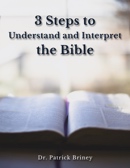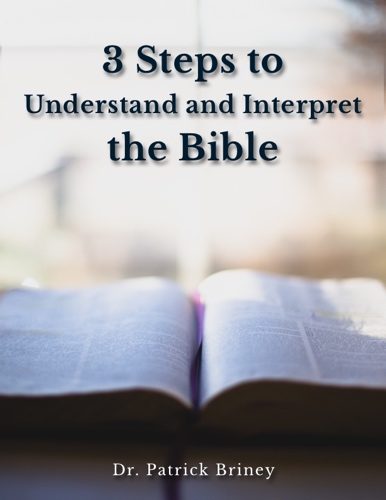What is original sin?
Original sin is the first sin committed by humanity. Adam and Eve are called Adam (Genesis 5:2). Together they committed the first sin of humanity. Eve made the first move, and then offered the forbidden fruit to Adam, and he ate it too.
What did Eve say to Adam to entice him to sin?
More than likely, she repeated what the Serpent said to her and, as the commentary of her thoughts describe, that the fruit was desirable to look upon, good for food, would make one wise with the knowledge of good and evil, and there was no death associated with eating the fruit.
What convinced Adam to eat the fruit?
Perhaps the most persuasive enticement was that Eve was still alive after having eaten the fruit. She did not die. She was alive and well.
She probably described the delicious taste and the experience of having her eyes open to knowing more. Like Eve, Adam was enticed by his lust of the eye and of the flesh and by pride to disobey God.
Why did Eve not die when she ate of the forbidden fruit?
She did. She died spiritually because the wages of sin is death. This was an immediate spiritual death or separation from God. God cannot fellowship with those in disobedience to Him. And she began to die physically. Prior to her sin, she was not aging. But after eating the fruit, she began the slow process of aging toward death.
Thus, her sin resulted in both spiritual and physical death. Spiritual death was immediate but not obvious. And physical death came later, but was not apparent at the time she ate the fruit.
Why is Adam referred to as the one who sinned and not Eve (Hosea 6:7; Romans 5:12)?
First, Genesis 5:2 says that Adam and Eve were called Adam. She was the female version of Adam. She was created from the genetics of Adam. She was the same in nature but different in form. Second, Adam is the first human from whom all humanity comes. As Adam goes, so goes all of humanity.
What was the cause of original sin?
The cause of original sin is the same as today, the choice to do wrong and disobey God. Adam and Eve chose to disobey God’s command to not eat the fruit of the tree of good and evil knowledge.
Is it required to know right from wrong in order to be guilty of disobedience?
Yes.
The Apostle Paul said of himself in Romans 7:8-9,
But sin, taking occasion by the commandment, wrought in me all manner of concupiscence. For without the law sin was dead. For I was alive without the law once: but when the commandment came, sin revived, and I died.
The law existed before Paul was born, but he was not aware of it until he was mature enough to know right from wrong. This is called the age of accountability. Prior to knowing good and evil, which is the law, he was innocent and not accountable. Paul explains in Romans 5:13,
For until the law sin was in the world: but sin is not imputed when there is no law.
From God’s perspective, Adam and Eve were doing things that were not good, but they were not accountable because they did not know the law. All they knew was one commandment: do not eat of the tree of knowledge of good and evil. Upon eating that fruit in disobedience to God, their eyes were open, and they became accountable to do right in everything.
Thus, knowledge of the law brought accountability and sin. Sin brought death. Thus, death is preceded by sin, and sin is preceded by knowing the law.
What law makes us accountable for sin?
The Apostle Paul writes in Romans 5:14,
Nevertheless death reigned from Adam to Moses, even over them that had not sinned after the similitude of Adam’s transgression, who is the figure of him that was to come.
He makes the point that humanity was accountable to a law before Moses. This is evidenced by death preceding Moses.
And because there is no death without sin and no sin without law, then humanity must have had knowledge of good and evil (the Law). This law is the law of God written in the hearts of all humanity (Romans 2:15).



